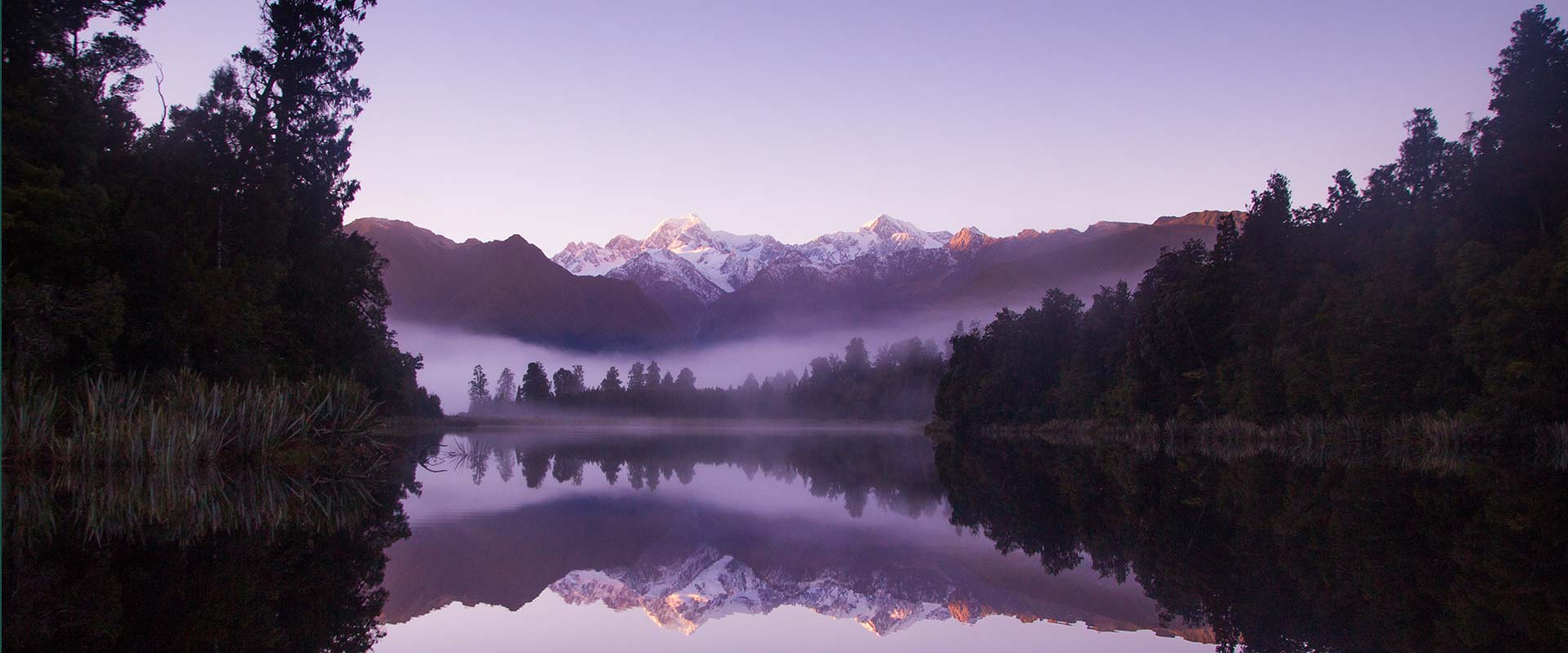Emerging land use opportunities for collectively-owned Māori land: exploring cultural license to use indigenous organisms in high-value product development
April 2023
This report describes findings from a project that explored tikanga-led good practice, cultural license, and appropriate benefit sharing approaches in working with indigenous organisms from collectively owned Māori land, as well as from other types of land tenure.
More than 60% of freehold Māori land is forest or shrub land cover, with much of it in its original indigenous state, providing opportunities for Māori landowners to develop high value products that utilise Mātauranga and the bioactive properties of indigenous plants and other organisms; however, developing products sourced from indigenous species and associated Mātauranga brings a unique set of social, cultural and ethical challenges.
Led by Wakatū Incorporation’s AuOra team, this project developed an innovative approach to training Wakatū whānau kaitiaki through a bespoke certificated course on developing a tikanga-led approach to negotiating access, use and sharing of benefits (ABS) of any research involving indigenous organisms and associated Mātauranga. The course content built on research into ABS best practice globally and the role of community protocols in developing better outcomes for indigenous communities. It was delivered over three wānanga held monthly and complemented by an online United Nations module introducing the fundamental principles and mechanisms of Access and Benefit-Sharing (ABS) as developed by the UN Convention on Biological Diversity (CBD) and the CBD Nagoya Protocol.
This is the first and only certificated course in this field offered in New Zealand. The learning outcomes therefore were not only of direct benefit to participants but, through the facilitated wānanga, also contributed to greater cultural understanding of what a tikanga-lead ABS approach should comprise and the benefit of adopting a local level Māori community protocol as a useful mechanism to negotiate ABS. This enables communities to draw from their own tikanga, kawa and priorities in order to articulate their relationships with the indigenous
organisms on and from their lands, as well as the ecosystems the indigenous organisms rely on (and their interrelationship with other flora and fauna).
The funding provided by OLW for this project enabled multiple outputs additional to the successful three-wānanga course and this report. The project has also produced: a short video highlighting the ABS wānanga process and an associated infographic; the results of a learning
outcomes survey completed before and after the wānanga; and a draft Community ABS research checklist with a list of recommended benefits (both monetary and non-monetary) for adaptation by other Māori landowners and kaitiaki entering into ABS arrangements with research institutions intending to utilise indigenous organisms and associated Mātauranga. All are available on request.
A report as part of a Think-Piece Project funded by Toitū te Whenua, Toiora te Wai / Our Land and Water National Science Challenge, 2022
 View Our Strategy Document 2019 – 2024
View Our Strategy Document 2019 – 2024



